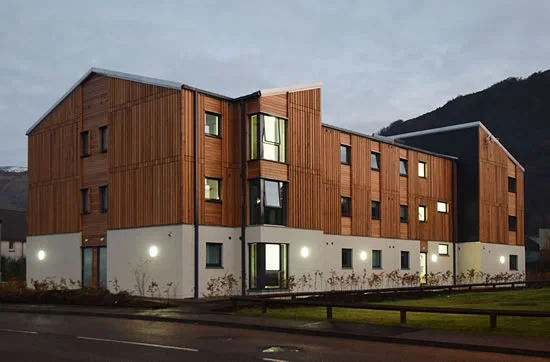Escalating Issue with Unfinished Accommodation Hits Students Nationwide

Students across England are feeling neglected, let down, and angry. Having expected to move into comfortable and functional accommodation in time for the new term, hundreds are being told their student residences are not ready to be occupied.
The result of this is a growing number of students finding themselves stuck in hotels and other forms of temporary accommodation, away from the general student population. Often with no access to basic facilities, those affected are being forced to live on takeaways and use paid laundry services simply to keep their clothes clean.
According to student housing charity Unipod, at least 22 private student residences up and down the United Kingdom are facing severe delays. This equates to around a third of all the new blocks that were supposed to be ready in time for the new term.
Along with the expense, discomfort, and isolation being experienced by those affected, the National Union of Students has expressed concern about how the disruption may affect the quality of their educational experience.
The problem is particularly prolific in Portsmouth, where educators are calling for greater scrutiny over private student accommodation providers. The University of Portsmouth vice-chancellor, Graham Galbraith, stated that as the disputed developments are private, the university has no direct control over them.
“At the end of the day, those housing providers know that the universities will step in. So where does the responsibility for this lie? Because they seem to be able to walk away,” he said.
Mr Galbraith’s comments echo the sentiments of educators across the UK, who cannot understand the total lack of accountability for private student accommodation developers and building owners. He believes that as this entire arm of the industry is funded almost exclusively by maintenance loans, i.e., public money, it should be subject to the same scrutiny as any other form of public spending or investment.
He warned that, as things stand, there is no direct control whatsoever and that new student housing blocks can be built and opened with no interaction or dialogue with the university whatsoever. This is despite the fact that billions of pounds of taxpayers’ money fund these developments in the form of student maintenance loans.
A nationwide issue
Students in Portsmouth are far from alone in their plight, as the issue is spreading across the United Kingdom. In Bristol, for example, student housing delays have become so severe that some students are being temporarily housed in Wales.
According to Universities UK, the issue lies in the fact that its code of conduct is only applicable where university-owned accommodation is concerned. There is currently no specific code of conduct and no regulatory standards for private student developments, which are outside the control of the public sector.
It is therefore unclear who will make the first move or when, though educators agree that certain safeguards should be put in place for students.
Adding insult to injury, some students have been offered a mere £150 in compensation, which for many is far less than they are paying for a one-week stay at their temporary residence.
One of the private housing companies behind an unfinished development in Portsmouth has apologised unreservedly for the inconvenience, though it points the finger of blame squarely at its building contractor.
A spokesman for the housing company expressed its disappointment “to hear that the university does not consider that we have communicated effectively with them.”
“We believe that we have done everything possible to mitigate the impact for those affected in the time available.”
“We will continue to do all we can to get students into the building as an urgent priority.”
